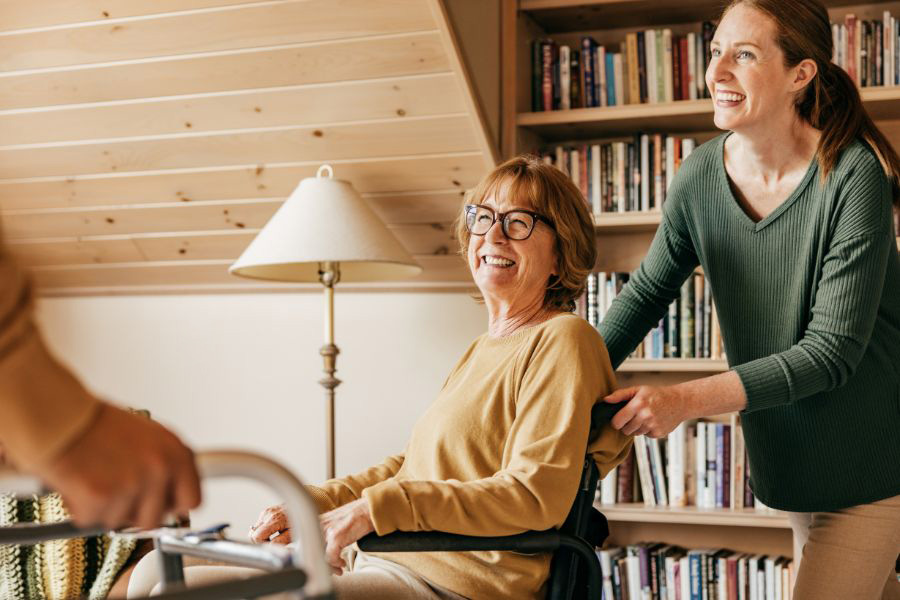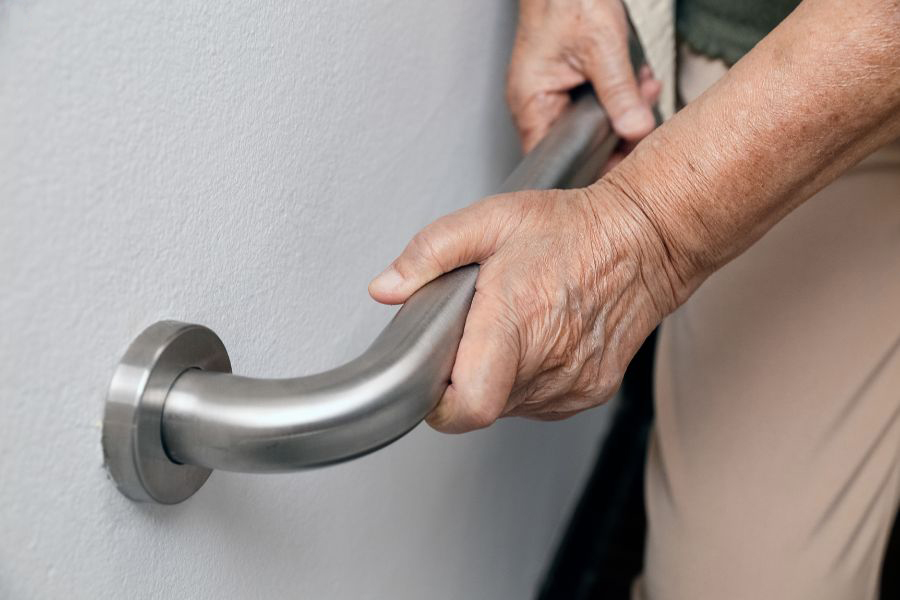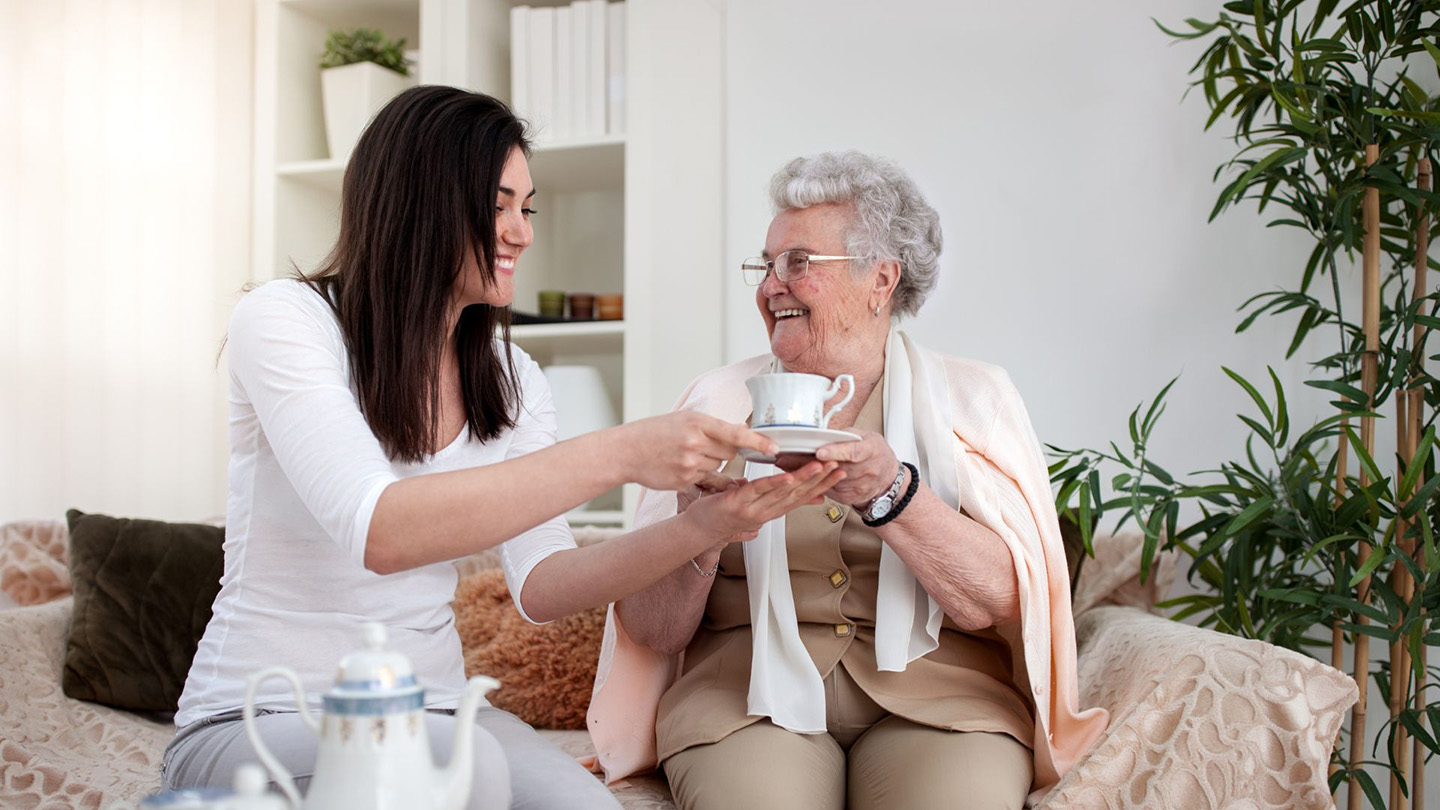For many families navigating aging parents care, weekly drop-ins feel like a loving and practical solution. “I stop by every Sunday,” “We talk every evening,” “My brother drops in once a week.” That love is real. The intention is there. But when it comes to truly supporting an aging loved one’s health and well-being, casual check-ins often fall short.
At Lucent Health Group, we’ve supported countless families who didn’t realize a problem existed—until a fall, memory lapse, or subtle health issue made it impossible to ignore.
What Check-Ins Don’t Always Catch
Most visits focus on conversation or errands. What they rarely include is a close look at physical health, home safety, emotional wellness, or cognitive changes. That’s not because family members don’t care—it’s because they’re not trained to spot the signs.
Is your parent forgetting meals or skipping medications? Is there unopened mail piling up? Are there signs of a fall that weren’t mentioned? These are things that might not come up in a cheerful, 20-minute visit—but they matter deeply.
Why Gaps in Aging Parents Care Matter
Over time, small changes can become serious health risks. Without proper monitoring, issues like poor nutrition, unmanaged pain, or memory decline can quietly grow. Aging parents may also downplay their needs to avoid worrying loved ones.
That’s where professional home care makes a difference. It’s not just about helping with meals or housekeeping. Trained caregivers know what to look for—and how to gently support daily needs without overwhelming the person receiving care.
The Emotional Toll of Going It Alone
Even when adult children are nearby and visit often, it can be emotionally exhausting. Many families don’t realize the mental burden they’re carrying until it’s too much. In-home care offers relief. It allows family members to shift from caregivers to companions—able to enjoy meaningful time without constantly worrying about what they might be missing.
Companion and personal care services help maintain emotional wellness for both the parent and the caregiver. And when caregivers notice something off—like confusion, sadness, or changes in sleep patterns—they can act early.
A Team Effort, Not a Last Resort
Asking for professional help doesn’t mean you’re stepping back. It means you’re building a team. Aging parents care works best when there’s consistent, trained support alongside loving family involvement.
Starting early can prevent crisis-mode decisions. A few hours a week can create a sense of stability and trust. It also gives aging adults more independence—not less—because they have the help they need to stay in their home safely.
Lucent Health Group Can Help
At Lucent Health Group, we’ve seen the impact that proactive home care can make. Our trained caregivers don’t just “check in.” They build relationships, notice changes, and support health with compassion and consistency.
If you’re beginning to wonder whether casual visits are enough, you’re not alone. We’re here to help you explore your options and create a care plan that truly fits your family’s needs.
Reach out today. We’re here to help.






